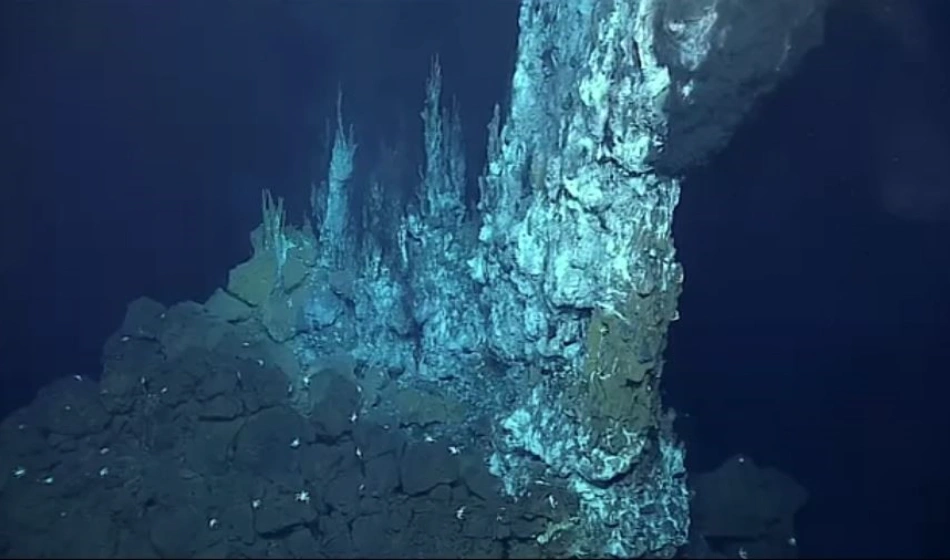The Benefits and Challenges of Deep Sea Exploration
Exploring the ocean’s depths has always captivated scientists and adventurers, offering a glimpse into one of our planet’s most mysterious and least understood parts. Technological advances allow us to explore the ocean depths with unprecedented detail and precision. This exploration offers numerous benefits, from scientific discoveries to economic opportunities and technological innovations. The deep-sea exploration benefit extends to various fields, significantly impacting our understanding of marine ecosystems and resource management. However, it also presents challenges and ethical dilemmas that must be addressed. This article will delve into the multifaceted benefits of deep-sea exploration, providing valuable insights and highlighting the need for responsible practices.
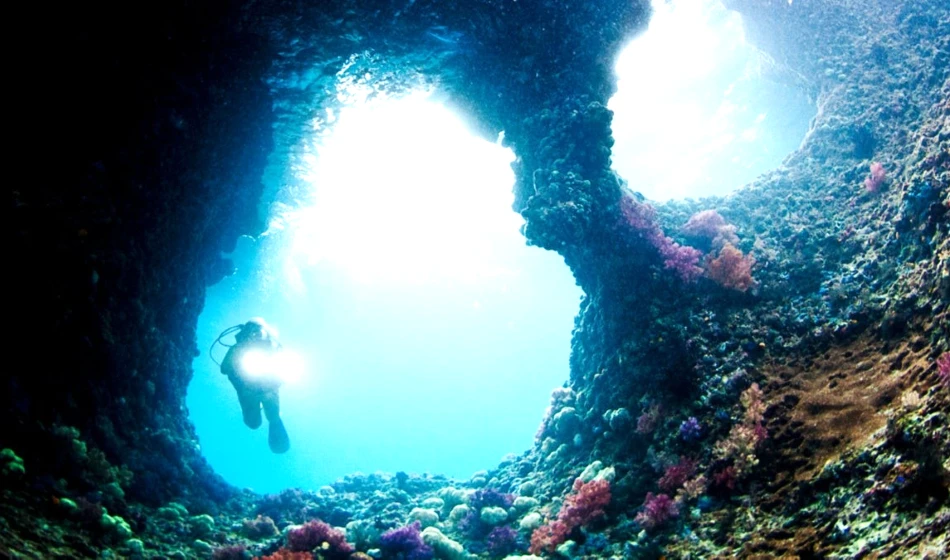
The Uncharted Frontier: Understanding Deep Sea Exploration Benefits
What is Deep Sea Exploration?
Deep-sea exploration involves studying the physical, chemical, and biological conditions at the depths of the ocean. This includes investigating oceanic trenches, abyssal plains, and other features found below 200 meters, where sunlight cannot penetrate. Scientists use advanced technologies such as remotely operated vehicles (ROVs), autonomous underwater vehicles (AUVs), and deep-sea submersibles to gather data and samples from these extreme environments.
Historical Context of Deep Sea Exploration
The exploration of the deep sea has been a longstanding endeavor, with major advancements occurring in recent decades. Key moments include the pivotal Challenger Expedition (1872-1876), which established the field of oceanography, and the groundbreaking dive of the bathyscaphe Trieste into the Mariana Trench in 1960. Today, modern expeditions armed with state-of-the-art technology are continuing to expand our understanding of the ocean’s depths.
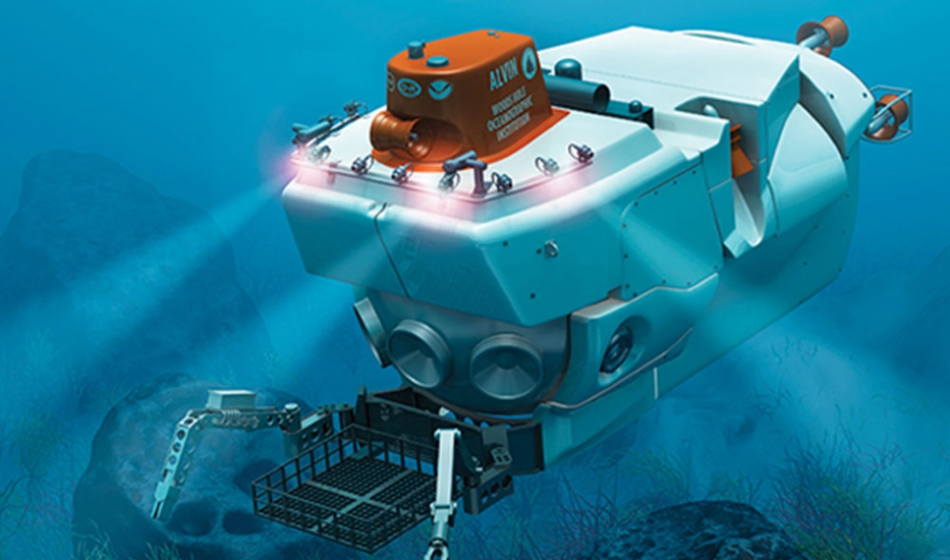
Scientific Discoveries: Unlocking Ocean Mysteries through Deep Sea Exploration Benefits
Marine Biodiversity: Discovering New Species
One of the most exciting aspects of deep-sea exploration is the discovery of new marine species. The deep ocean is home to an astonishing variety of life forms, many of which are yet to be documented. These discoveries enhance our understanding of biodiversity and the adaptability of life in extreme environments.
For example, the discovery of hydrothermal vent communities in the late 1970s revealed ecosystems thriving without sunlight, relying instead on chemosynthesis. These unique biological communities have provided insights into life’s resilience and the potential for life on other planets.
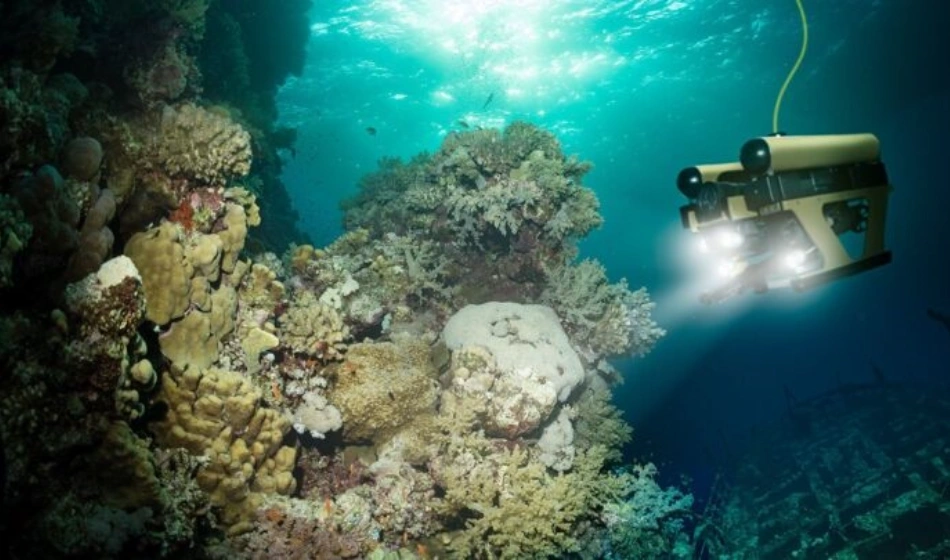
Geological Insights: Understanding Earth’s History
Studying the deep sea provides important geological insights. By studying underwater volcanic activity, tectonic plate movements, and sediment layers, scientists can reconstruct Earth’s geological history and enhance their understanding of the processes that impact our planet.
For example, research on mid-ocean ridges has helped to explain the phenomenon of seafloor spreading, furthering our understanding of plate tectonics. Additionally, studying subduction zones helps scientists understand earthquake and tsunami mechanisms, thus improving disaster preparedness.
Climate Research: Monitoring Ocean Health
The deep sea plays a crucial role in regulating Earth’s climate. Scientists can better predict climate change impacts by studying deep ocean currents, temperature gradients, and carbon sequestration processes and develop strategies to mitigate them.
For example, the discovery of deep ocean currents, such as the global thermohaline circulation, has highlighted the ocean’s role in heat distribution and carbon cycling. These findings are vital for climate models and predicting future climate scenarios.
Economic Potential: Tapping into Marine Resources
Deep Sea Mining: A New Resource Frontier
The deep sea holds vast mineral resources, including polymetallic nodules, hydrothermal vent deposits, and cobalt-rich crusts. These resources are essential for manufacturing electronics, renewable energy technologies, and various industrial applications.
For example, polymetallic nodules on the abyssal plains contain valuable metals like manganese, nickel, and copper. Harvesting these nodules could provide an alternative to terrestrial mining, which is often environmentally damaging and unsustainable.
Bioprospecting: Discovering New Medicines
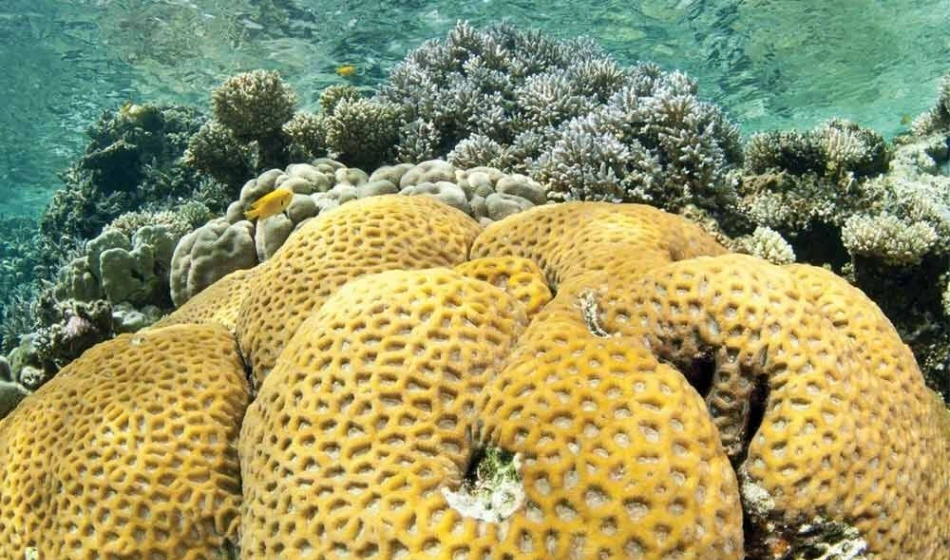
The distinct organisms discovered in the deep sea provide promising prospects for bioprospecting. These organisms create original compounds that can be utilized for developing new pharmaceuticals, antibiotics, and biotechnological applications.
For example, the enzyme Taq polymerase, originating from a bacterium found in hydrothermal vents, transformed molecular biology by facilitating the polymerase chain reaction (PCR) technique. Continuous research is revealing further potential medical uses for deep-sea organisms.
Fisheries and Aquaculture: Sustainable Seafood Sources
Sustainable deep-sea fisheries and aquaculture can help meet the growing global demand for seafood while reducing the pressure on overexploited coastal fish stocks. Responsible management and conservation practices are essential to ensure the long-term viability of these resources.
For example, the deep-sea fish Patagonian toothfish, marketed as Chilean sea bass, has become a valuable commodity. Efforts to regulate and sustainably manage its harvest have helped prevent overfishing and ensure its availability for future generations.
Technological Innovations: Advancing Exploration and Research through Deep-Sea Exploration Benefit
Cutting-Edge Exploration Tools
Advancements in technology have been pivotal in enabling deep-sea exploration. Remotely operated vehicles (ROVs), autonomous underwater vehicles (AUVs), and manned submersibles equipped with high-definition cameras and sophisticated sensors allow scientists to explore the deep ocean in unprecedented detail.
For example, the ROV Jason, operated by the Woods Hole Oceanographic Institution, has conducted numerous successful deep-sea missions, providing valuable data and samples from some of the most inhospitable environments on Earth.
Innovations in Data Collection and Analysis
Artificial intelligence (AI) and machine learning in deep-sea exploration have transformed how we collect and analyze data. These technologies allow for real-time data processing, pattern recognition, and predictive modeling, improving our comprehension of deep-sea ecosystems.
For instance, AI-powered systems can analyze extensive video footage from deep-sea explorations, identifying species and mapping habitats more efficiently than manual methods.
Enhancing Safety and Efficiency
Technological innovations also improve the safety and efficiency of deep-sea operations. Advances in robotics, remote sensing, and communication technologies reduce the risks associated with human intervention in extreme environments.
For example, the development of autonomous underwater vehicles (AUVs) like the Sentry, capable of operating independently for extended periods, has minimized the need for direct human involvement in hazardous deep-sea conditions.
Environmental and Ethical Considerations
Environmental Impact: Balancing Exploration and Conservation
Deep-sea exploration has its benefits, but it also comes with environmental risks. The delicate ecosystems of the deep ocean can be easily disturbed by human activities such as mining and fishing. It’s important to find a balance between exploration and conservation to protect these unique habitats.
For instance, the International Seabed Authority (ISA) oversees deep-sea mining activities, ensuring that environmental impact assessments are carried out and that sustainable practices are used to minimize ecological damage.
Ethical Dilemmas: Respecting Marine Life and Indigenous Rights
Ethical considerations are paramount in deep-sea exploration. Respecting marine life, protecting endangered species, and considering the rights and interests of indigenous communities are essential for responsible exploration practices.
For example, the deep-sea coral reefs, home to diverse marine species, are susceptible to disturbances. Conservation initiatives, such as marine protected areas (MPAs), aim to safeguard these vital ecosystems from harmful activities.
Sustainable Practices: Ensuring Long-Term Deep-Sea Exploration Benefit
Adopting sustainable practices in deep-sea exploration is critical for ensuring long-term benefits. This includes developing environmentally friendly technologies, conducting thorough environmental impact assessments, and implementing robust conservation measures.
For example, using biodegradable materials in deep-sea equipment and developing less invasive sampling techniques are steps toward more sustainable exploration practices.
Case Studies: Success Stories and Lessons Learned from Deep Sea Exploration Benefit
The Mid-Atlantic Ridge Exploration
Exploring the Mid-Atlantic Ridge has yielded significant scientific discoveries, including identifying hydrothermal vent communities and unique geological formations. These findings have advanced our understanding of deep-sea ecosystems and geological processes.
Lessons Learned: Collaborative international efforts and advanced technologies were key to the success of this exploration. The data collected has been instrumental in developing conservation strategies and informing policy decisions.
The Deepwater Horizon Oil Spill: A Cautionary Tale
The Deepwater Horizon oil spill 2010 highlighted the potential environmental risks associated with deep-sea activities. The spill caused extensive damage to marine ecosystems and underscored the need for stringent safety regulations and effective disaster response mechanisms.
Lessons Learned: The incident emphasized the importance of robust environmental safeguards, transparent regulatory frameworks, and the capacity for rapid response to environmental emergencies.
The Mariana Trench Expeditions
The Mariana Trench, the deepest part of the world’s oceans, has been the site of numerous groundbreaking expeditions. These missions have revealed new species, unique geological features, and extreme environmental conditions, contributing to our understanding of life in the deepest ocean layers.
Lessons Learned: The successful exploration of the Mariana Trench showcases the importance of technological innovation, international collaboration, and interdisciplinary research in advancing deep-sea exploration.
Future Prospects: The Next Frontier in Ocean Exploration
Emerging Technologies: The Future of Deep Sea Exploration
The future of deep-sea exploration is poised to benefit from emerging technologies such as advanced robotics, AI, and biotechnology. These innovations will enhance our ability to explore and understand the deep ocean, paving the way for discoveries and applications.
For example, the development of swarm robotics, where multiple robots work together to explore and map large areas of the ocean floor, represents a promising advancement in deep-sea exploration technology.
Collaborative International Efforts: Strengthening Global Partnerships
Strengthening international collaborations will be crucial for the future of deep-sea exploration. Joint research initiatives, data sharing, and coordinated conservation efforts can maximize the benefits of prospecting while addressing global challenges.
For example, the United Nations Decade of Ocean Science for Sustainable Development (2021-2030) aims to foster international cooperation and mobilize resources to advance ocean science and sustainable ocean management.
Sustainable Development Goals: Aligning Exploration with Global Priorities
Aligning deep-sea exploration efforts with the United Nations Sustainable Development Goals (SDGs) can ensure that exploration contributes to global priorities such as environmental sustainability, economic development, and social equity.
For example, deep-sea research that supports SDG 14 (Life Below Water) promotes the conservation and sustainable use of marine resources, contributing to the health and resilience of ocean ecosystems.
Conclusion: Deep-Sea Exploration Benefit
Deep-sea exploration is promising for scientific discovery, economic development, and technological innovation. By unlocking the mysteries of the ocean depths, we can gain valuable insights into our planet’s history, discover new resources, and develop solutions to global challenges. However, it is essential to balance these benefits with responsible practices that protect the fragile ecosystems of the deep sea and respect ethical considerations. As we venture into this uncharted frontier, collaboration, innovation, and sustainability will ensure that deep-sea exploration contributes to a better future for all.
Call to Action: Deep-Sea Exploration Benefit
To support the continued advancement of deep-sea exploration and ensure its benefits are realized sustainably:
- Stay Informed: Keep up with the latest deep-sea research and exploration technologies developments.
- Support Conservation Efforts: Advocate for policies and initiatives that protect deep-sea ecosystems and promote sustainable practices.
- Get Involved: Participate in community and educational programs focused on ocean science and conservation.
- Educate Others: Share information about the importance of deep-sea exploration and the need for responsible practices with your network.
By working together, we can unlock the full potential of deep-sea exploration while safeguarding the health of our oceans for future generations.
References
- National Oceanic and Atmospheric Administration (NOAA). “Deep-Sea Exploration.” https://www.noaa.gov/topic-tags/deep-sea-exploration
- Woods Hole Oceanographic Institution. “ROV Jason. https://www.whoi.edu/what-we-do/explore/underwater-vehicles/rov-jason/
- United Nations. “Decade of Ocean Science for Sustainable Development (2021-2030).”https://www.oceandecade.org/
- International Seabed Authority (ISA). “Environmental Management of Deep-Sea Mining.”https://www.isa.org.jm/environmental-management-deep-sea-mining
- Scientific American. “The Enigmatic Life Forms of Hydrothermal Vents.”https://www.scientificamerican.com/article/the-enigmatic-life-forms-of-hydrothermal-vents/
- Journal of Marine Science and Engineering. “Technological Advances in Deep-Sea Exploration.”
- https://www.mdpi.com/journal/jmse/special_issues/Technological_Advances_Deep_Sea_Exploration
- The Royal Society. “The Role of the Deep Ocean in Earth’s Climate System.”
- Marine Policy. “Sustainable Management of Deep-Sea Fisheries.”
- Nature Biotechnology. “Bioprospecting in the Deep Sea: Discoveries and Challenges.”
- The Guardian. “The Deepwater Horizon Oil Spill: Impact and Lessons Learned.”

